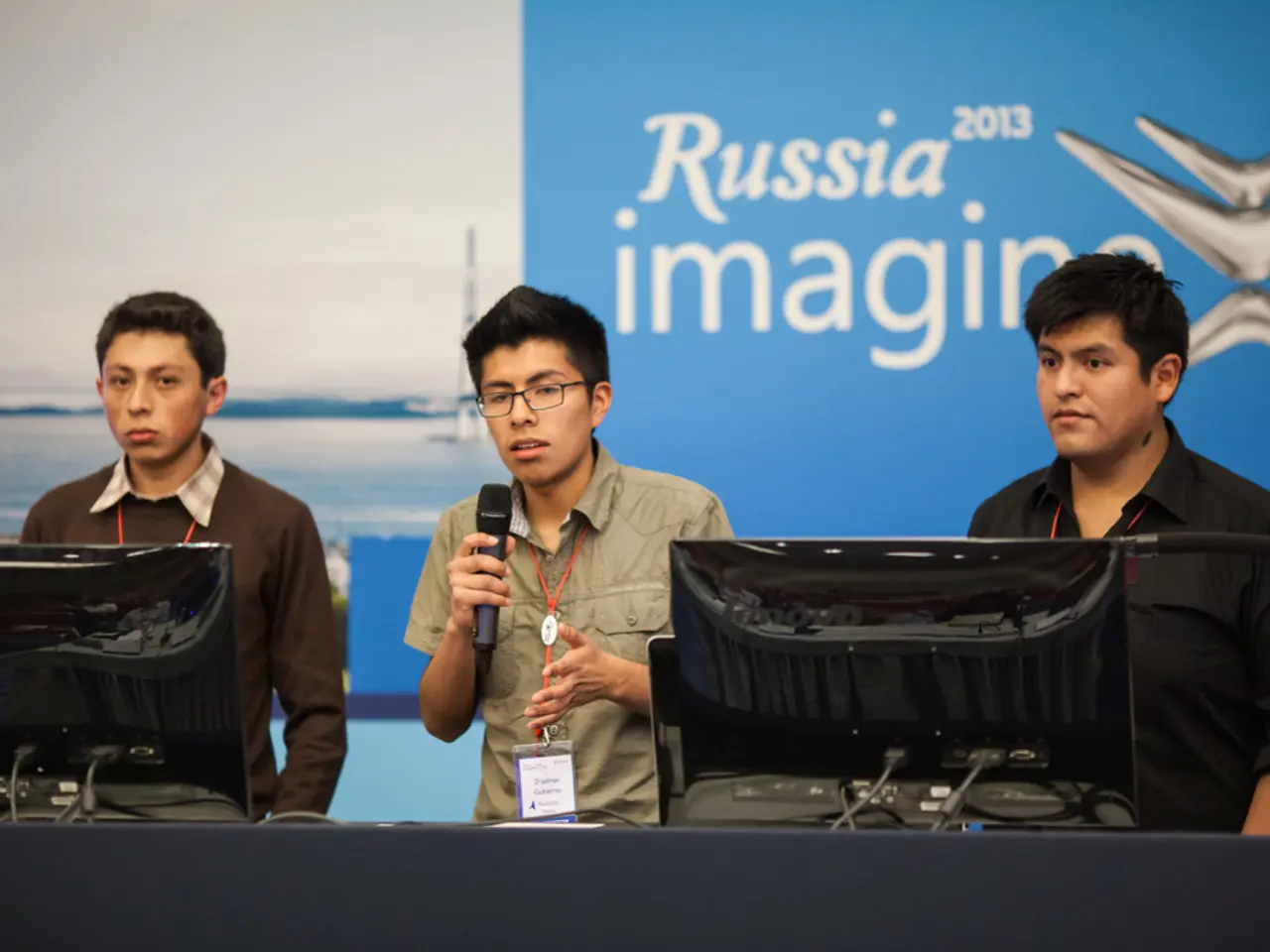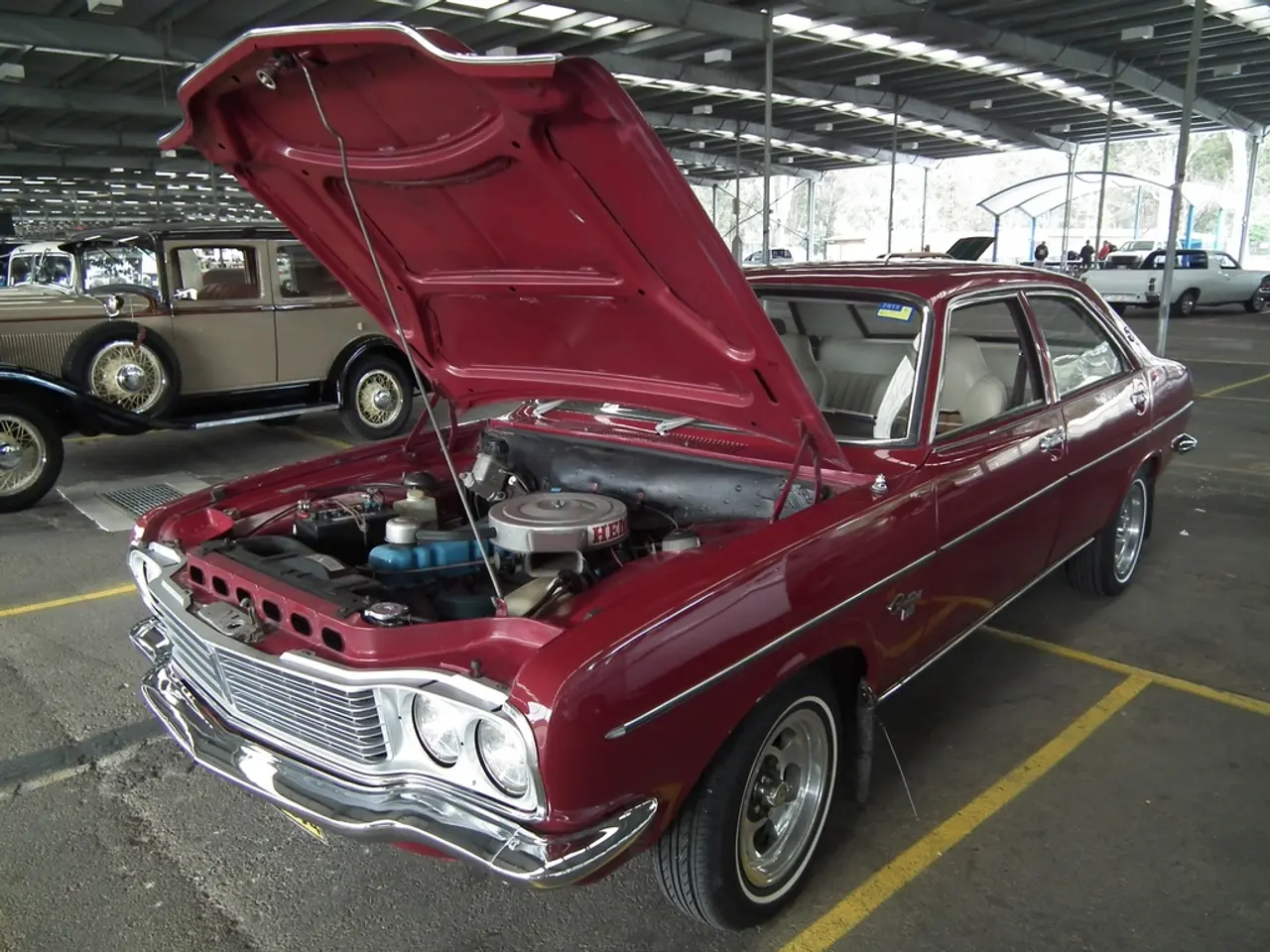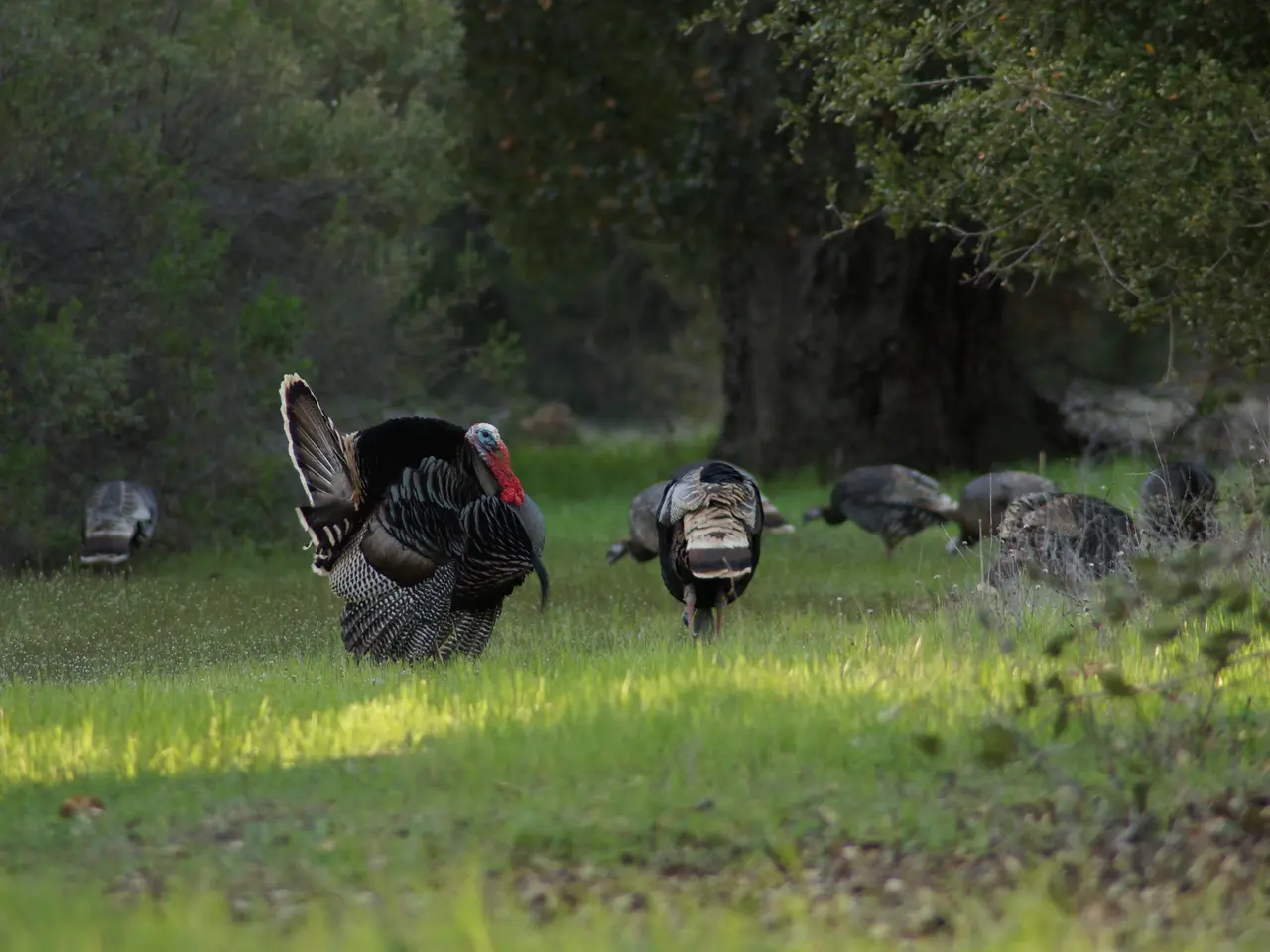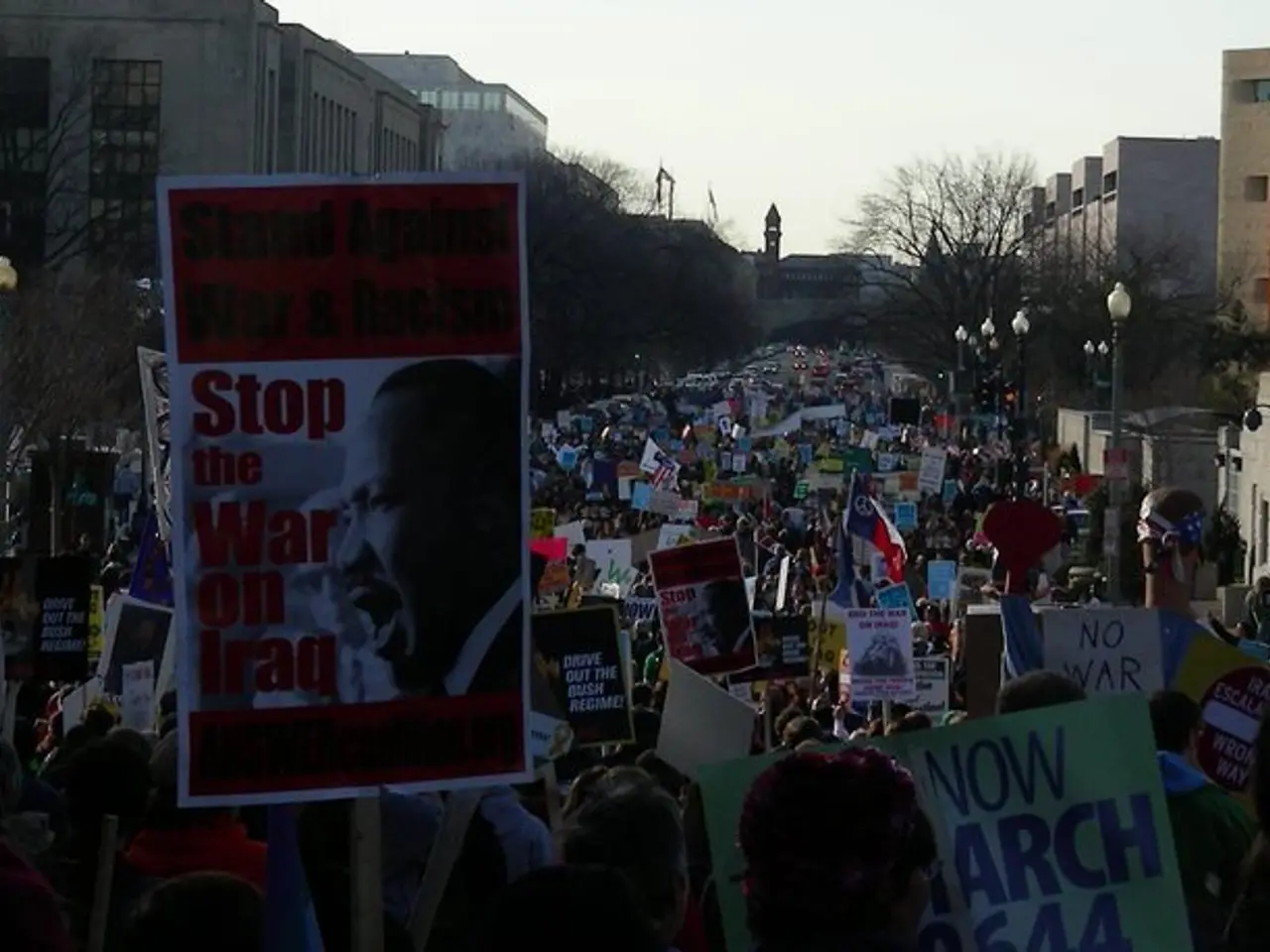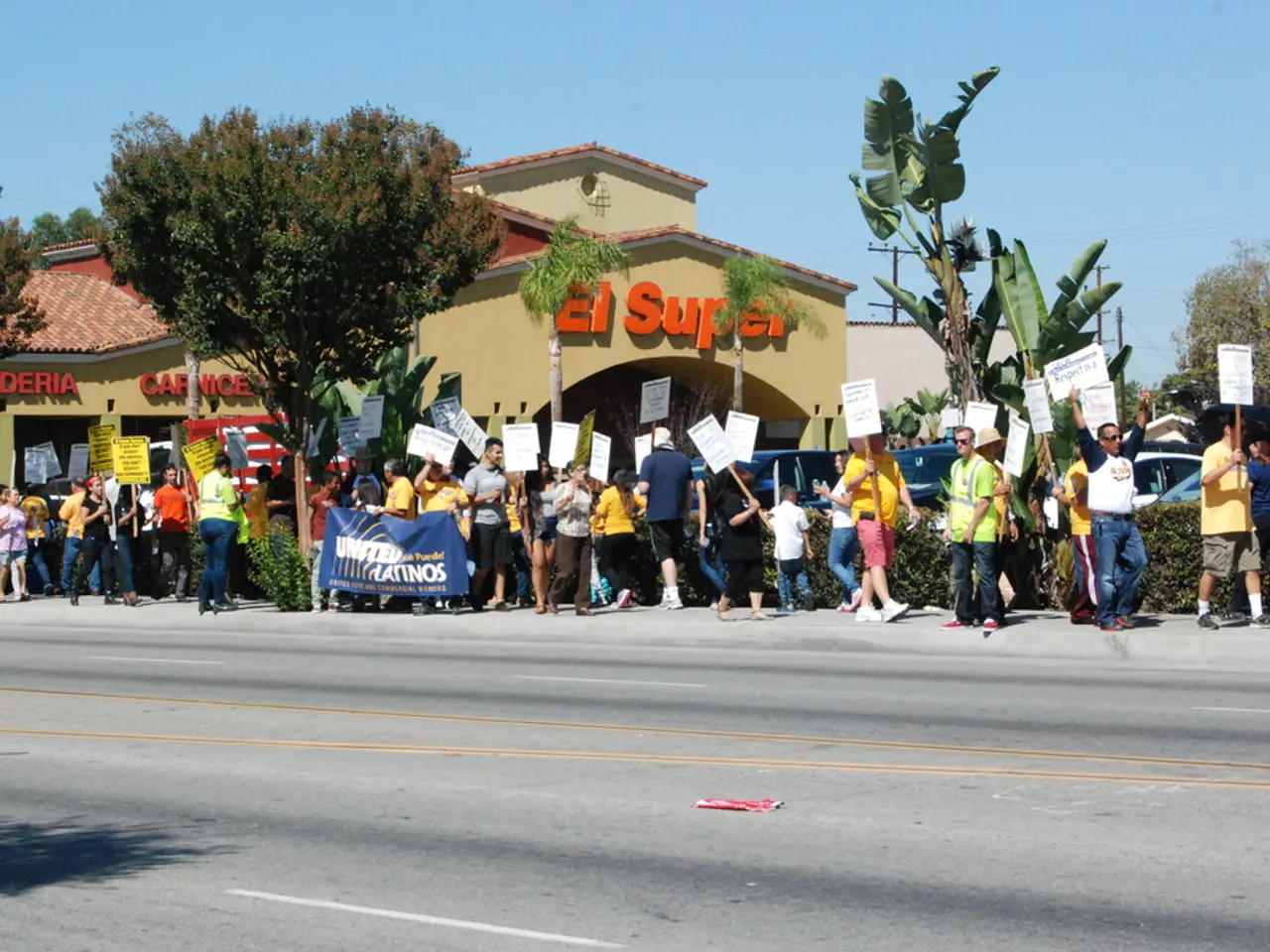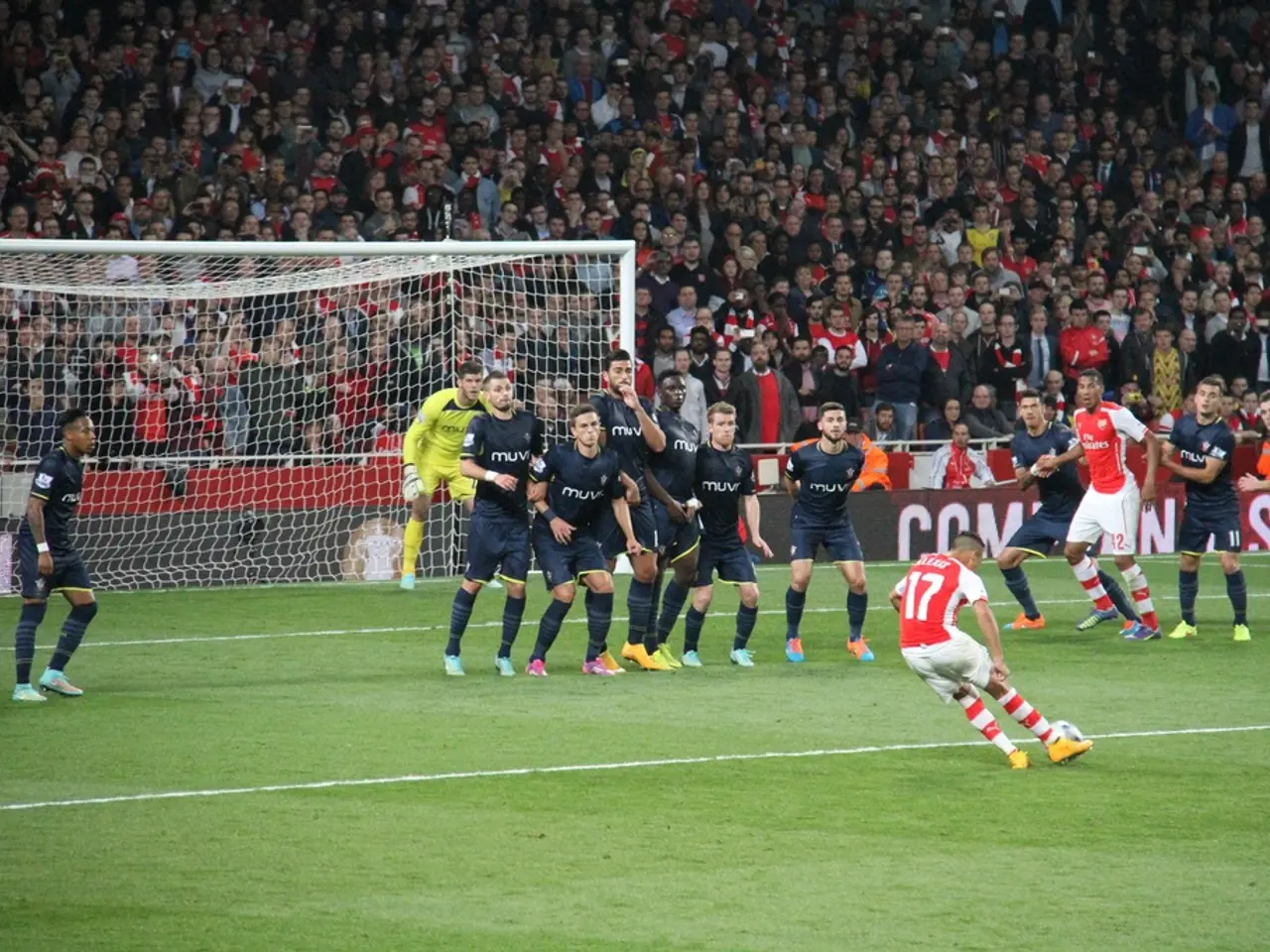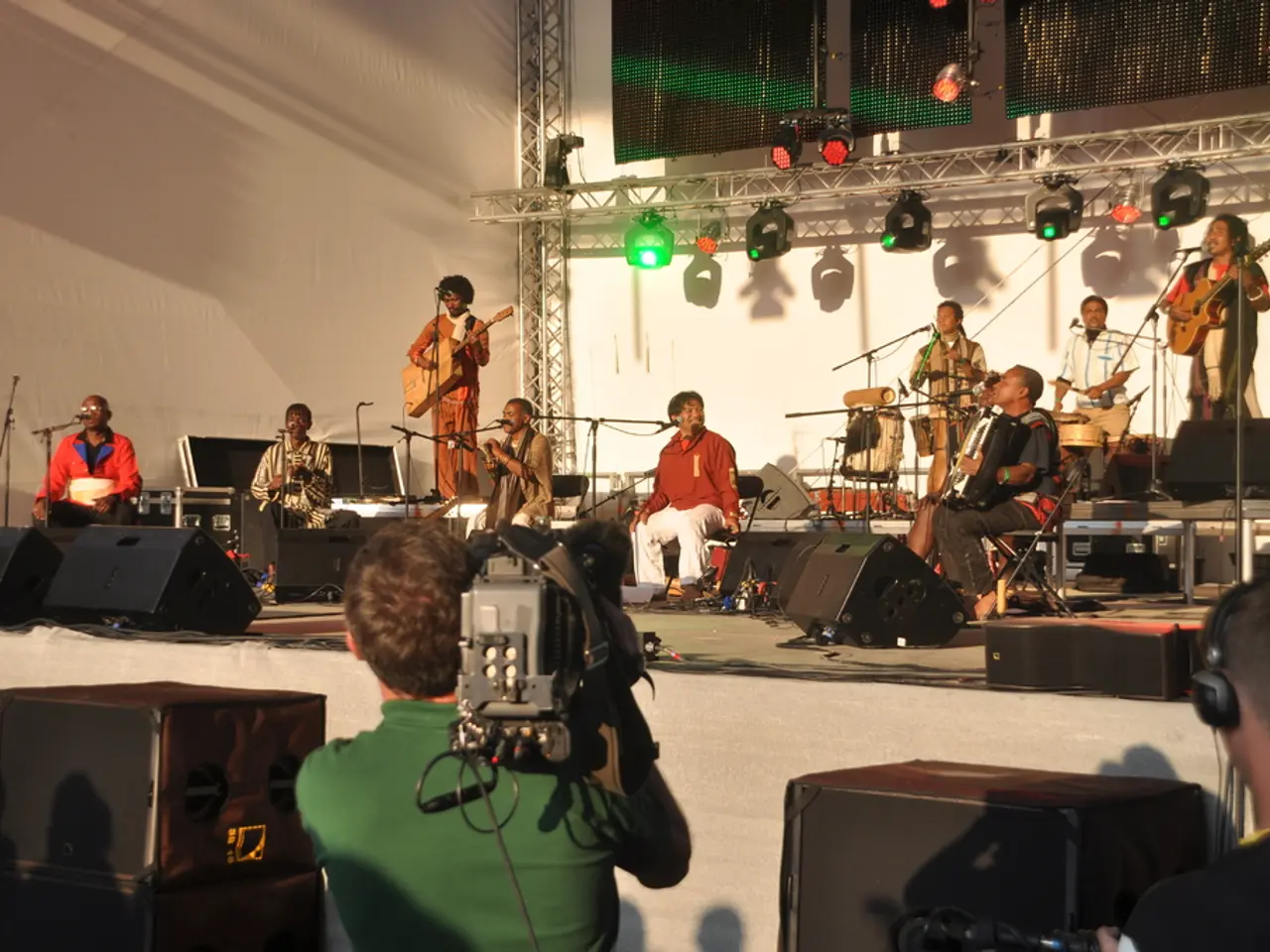Trump commends 'efficient' discussions between Putin and Witkoff, amidst impending sanction threats
In a significant development, the United States has temporarily halted the imposition of new secondary sanctions and tariffs on nations trading with Russia, as peace talks between President Donald Trump and Russian President Vladimir Putin are scheduled for mid-August 2025.
The pause in expanding sanctions measures comes amid a complex U.S. sanctions posture, where enforcement is sustained but expansion has been paused to support diplomatic efforts between the two nations. The existing sanctions include export controls, financial restrictions, and targeted sanctions against Russian entities and individuals connected to the ongoing conflict in Ukraine.
The U.S. had previously used the threat of expanded sanctions as leverage to negotiate a ceasefire, but has withheld escalating sanctions amid these negotiations. This decision signals a temporary halt in the expansion of sanctions against Russia or its trading partners.
Meanwhile, Russian officials have announced they will end a self-imposed moratorium on deploying intermediate-range nuclear-capable missiles in response to alleged U.S. deployments of similar weapons near Russia's borders. This move escalates tensions between the two nations, especially amid heightened nuclear rhetoric, with President Trump ordering two nuclear submarines into the region following an online exchange with former Russian President Dmitry Medvedev.
The ongoing conflict in Ukraine has also been a point of contention. Moscow has escalated its military campaign in Ukraine, with a record number of drone and missile strikes in July and battlefield advancements. In response, Ukrainian President Volodymyr Zelenskyy has emphasised the importance of strengthening international pressure to enforce a cease-fire in Ukraine.
As the peace talks progress, European leaders have joined a call with Zelenskyy following the meeting. Meanwhile, Kyiv is preparing for a visit from Turkish President Recep Tayyip Erdogan, with the ratification of a free trade agreement reportedly high on the agenda. However, Ukrainian officials have reported two deaths and at least 12 injuries due to Russian shelling of a holiday camp in southern Zaporizhzhia.
The Kremlin has condemned the threats of tariff hikes, calling them "illegitimate" and warning that such measures would further strain international ties. Russia has demanded that Ukraine cede more territory and abandon Western support as conditions for peace, while Ukraine insists on an immediate cease-fire and international pressure for regime change in Moscow.
In a positive note, Trump's envoy, Steve Witkoff, held "constructive" discussions with Putin in Moscow. Following the arrival of Trump's envoy, President Trump praised the talks as "highly productive." However, the White House has not formally outlined the sanctions it may impose, but Trump has threatened secondary tariffs aimed at squeezing Russia's trade networks.
Trump's visit to Moscow is a significant event, taking place amidst the ongoing negotiations and heightened tensions. The resolution of these issues will have far-reaching implications for both nations and the global community.
[1] ABC News. (2025). U.S. Sanctions on Russia: A Timeline. [online] Available at: https://abcnews.go.com/International/us-sanctions-russia-timeline/story?id=78907557 [2] The New York Times. (2025). Trump and Putin to Meet for Peace Talks in August. [online] Available at: https://www.nytimes.com/2025/07/15/world/europe/trump-putin-peace-talks.html [3] The Washington Post. (2025). Trump Threatens Sanctions if Russia Does Not Agree to Ceasefire. [online] Available at: https://www.washingtonpost.com/world/europe/trump-threatens-sanctions-if-russia-does-not-agree-to-ceasefire/2025/06/20/16c51c3e-0a6f-11e9-86f0-4b58d72d5148_story.html
- The pause in expanding US sanctions against Russia facilitates ongoing diplomatic efforts, particularly for the planned peace talks between President Trump and Russian President Putin, set for mid-August 2025, a development that could have lasting implications for the Middle East.
- In the leading news, Turkey's President Recep Tayyip Erdogan is preparing to visit Ukraine, a move that could potentially influence the ongoing Crime-and-Justice issues and Policy-and-Legislation within the region.
- As tensions escalate in the ongoing war-and-conflicts in Ukraine, both Russia and Ukraine are locked in talks with their respective allies such as the US and Turkey, hoping to secure favorable outcomes through Politics and General-News discussions.
- The ongoing cease-fire negotiations between the US and Russia are also accompanied by a spat over trade disputes and threats of tariff hikes, creating frictions not only between these two nations, but potentially destabilising the broader economic networks, particularly in the Middle East.
- Despite the constructive discussions held by Trump's envoy and Putin, the threat of secondary tariffs against Russia looms large, casting uncertainties on their future trade relations and adding fuel to the fire in an already complex set of war-and-conflicts and Politics in the Middle East.
